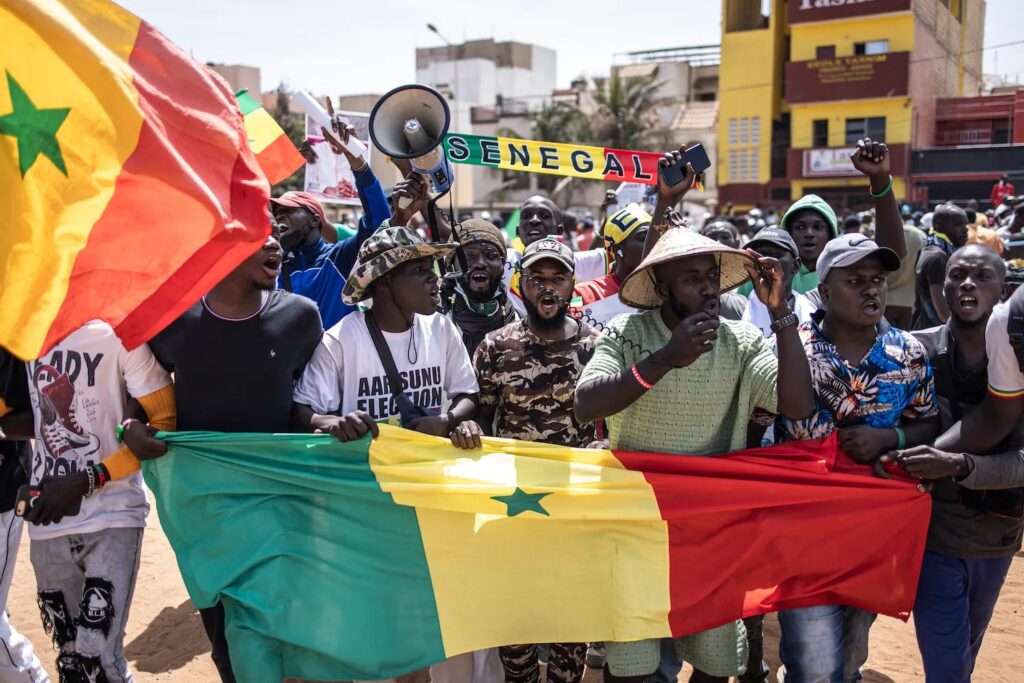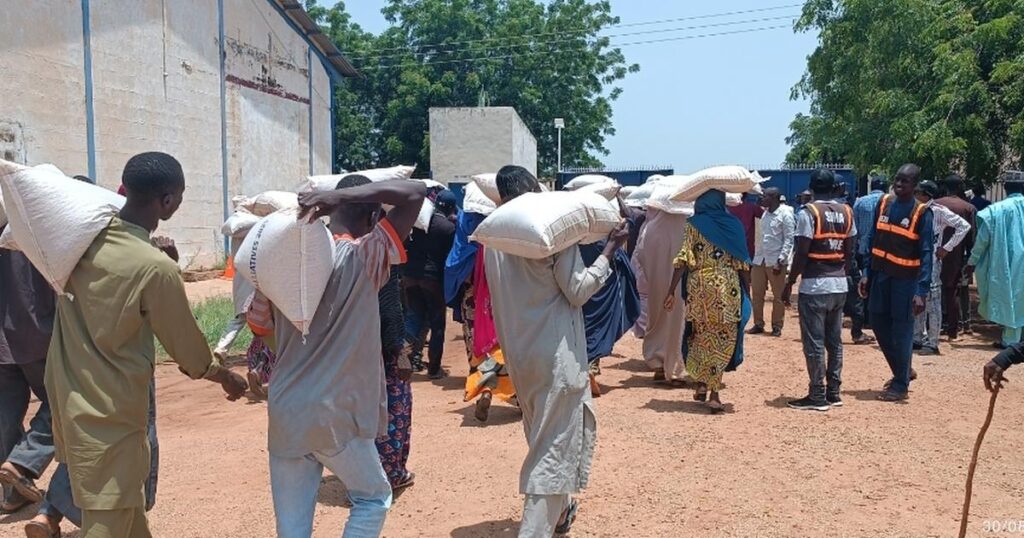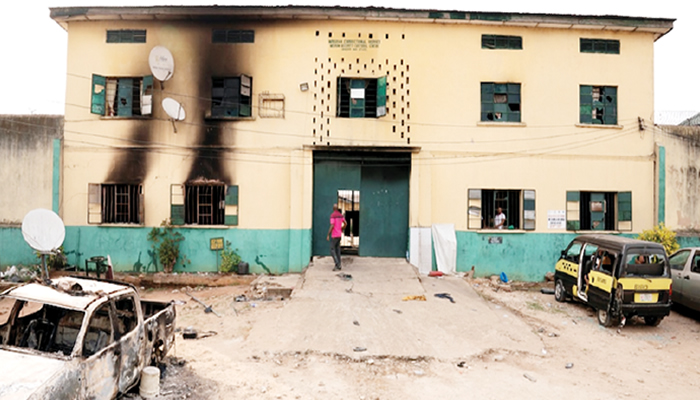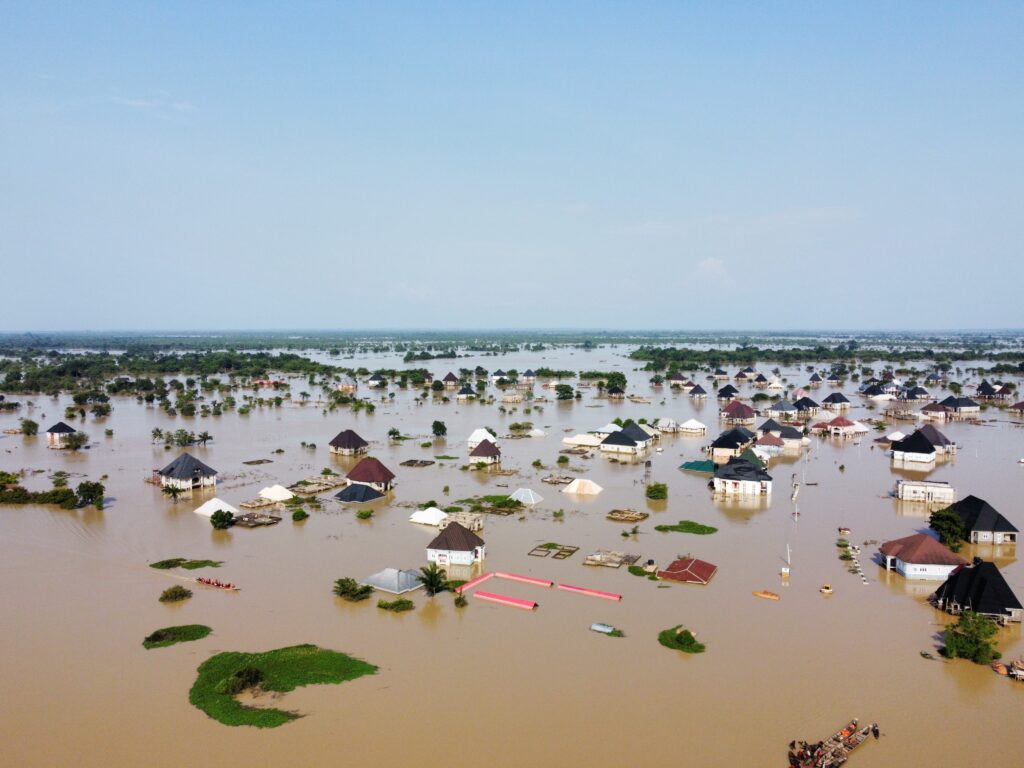Senegal, nestled on the western coast of Africa, stands out like a lone baobab tree on the savanna. In a region frequently marred by coups and instability – six military coups in three years – in Guinea, Niger, Mali and Burkina Faso, with both Mali and Burkina Faso each suffering two putsches, Senegal has cultivated a reputation as a democratic oasis. Since independence in 1960, it has consistently held multi-party elections and witnessed peaceful power transfers. This democratic experiment, despite its challenges, offers valuable lessons for West Africa and beyond.
Senegal’s democratic journey began with Leopold Sedar Senghor, the nation’s first president. While his rule had elements of a one-party state, he laid the groundwork for a multi-party system and fostered a culture of political dialogue. Despite facing unrest, subsequent leaders generally adhered to democratic principles. The 2012 elections, which saw the incumbent president, Abdoulaye Wade, lose to Macky Sall, marked a pivotal moment. It was the second peaceful handover of power in Senegal’s history, solidifying its image as a regional outlier. This stability has had a ripple effect. Senegal has been crucial in mediating conflicts and promoting democratic values within the Economic Community of West African States (ECOWAS). However, Senegal’s democracy is not without its blemishes. Concerns were raised regarding previous attempts at amendments to electoral laws, seen by some as attempts to consolidate power. Senegal’s 2024 presidential election, initially anticipated as a milestone for democracy, was overshadowed by a wave of protests, violence, and allegations of manipulation. President Macky Sall’s decision to postpone the elections in February triggered protests in Dakar, the capital, and other major cities. Security forces responded with force, leading to the deaths of at least two young men and a teenager, with scores injured. Human Rights Watch documented widespread arrests, with estimates ranging from 271 to 1,000 detained, including opposition leaders and journalists. In the lead-up to the polls, the disqualification of key opposition figures, notably Ousmane Sonko, ostensibly due to procedural issues, further fuelled accusations of a crackdown on dissent, with critics accusing authorities of undermining fair competition. These actions and persistent concerns regarding corruption and socioeconomic challenges created disillusionment. Opposition leaders capitalised on public frustration, portraying Sall’s administration as disconnected from the populace’s aspirations. On election day, 44-year-old opposition candidate Bassirou Diomaye Faye garnered more than 54 per cent of votes in Senegal’s presidential election, making him the youngest elected president in Africa. This outcome reflects the strong will of the Senegalese populace in defending their democracy against perceived threats. Senegal’s experience offers valuable takeaways for countries in the ECOWAS region and beyond. A robust civil society is crucial. Senegal boasts a vibrant network of NGOs and media outlets that hold the government accountable. Additionally, fostering a culture of political tolerance and compromise is essential. Senegal’s long history of interfaith and ethnic harmony provides a foundation for peaceful political discourse. Furthermore, the impact of strong and independent institutions without government influence cannot be understated. On March 6, 2024, Senegal’s Constitutional Council mandated that the presidential election to succeed Macky Sall occur before his term ends on April 2, a decision met with relief by politicians and civil society across West Africa. President Sall promptly complied, scrapping plans for a June postponement and setting the first-round vote for March 24. This move not only reinforced Senegal’s democratic principles but also bolstered ECOWAS’s efforts to uphold multi-party politics and elected governance amidst regional challenges of military coups. The persistent flouting of ECOWAS’s Protocol on Democracy and Good Governance by member states’ leaders creates a breeding ground for instability. Disregarding term limits, manipulation of elections, and stifling dissent fuel public frustration, leading to increased military interventions and civilian protests. Senegal, for instance, might have seen a groundswell of protests or even a coup attempt if not for its robust legal system and a political class that adheres to constitutional order. These strong institutions act as a safeguard against the erosive effects of power tussles and a reminder of the importance of democratic norms within ECOWAS. Ensuring enduring democratic stability necessitates a concerted effort to tackle socioeconomic challenges such as poverty and youth unemployment. The incoming administration must prioritise initiatives aimed at investing in poverty alleviation, economic development, and education. Such proactive measures will foster sustainable progress among young people and deter their involvement in illicit migration. While Senegal’s democratic path is an inspiration, it’s not a one-size-fits-all model. Each West African nation has its unique political landscape and historical context. However, Senegal’s experience demonstrates that democratic ideals can take root in Africa, restoring West Africa’s faith in the electoral institutions and the power of the vote. By learning from Senegal’s successes and shortcomings, the ECOWAS region can navigate the path towards a more stable and democratic future through the actions of its leaders, the vigilance of its citizens, and the collective will of the West African region.



